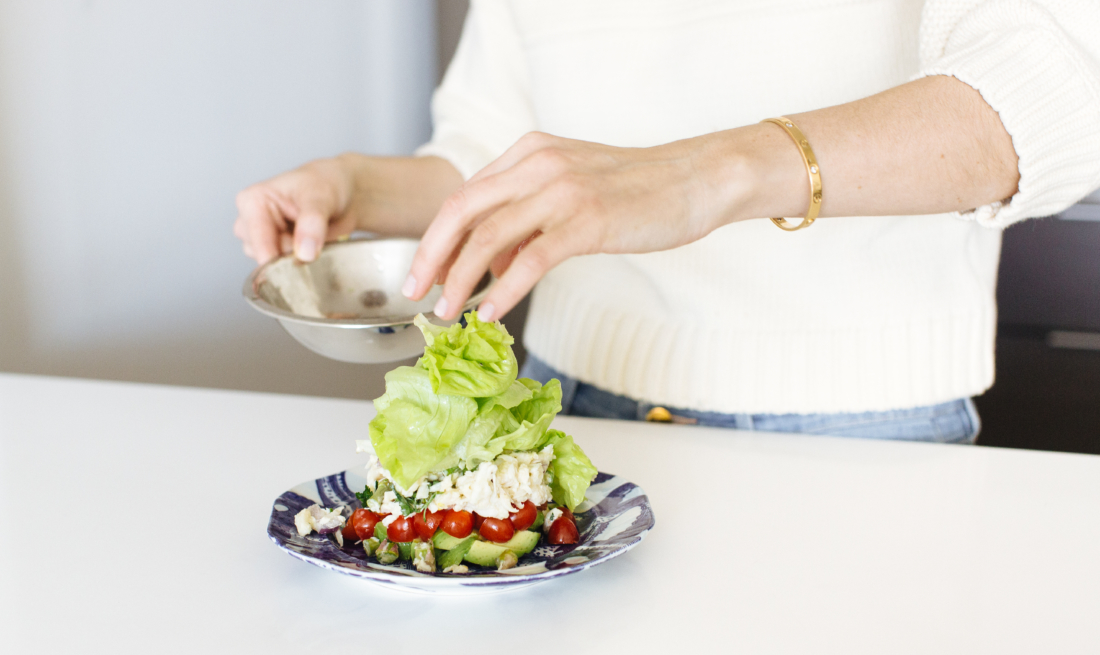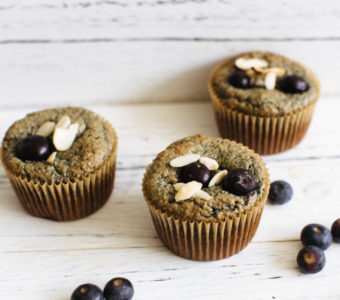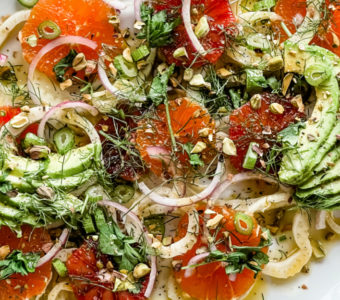- Food,
- Wellness
Brain Boosting Blueberry Vanilla Almond Muffins
cook / prep 1 hr 30 mins
Before taking biochemistry in medical school, whenever zinc popped into my mind, I just pictured the thick sunscreen that my pale (sorry, Kate!) younger sister always had to be slathered with on family beach vacations. And while zinc oxide is an amazing form of sun protection, zinc itself does so much more. It is an essential metal to all forms of life
And the list could go on and on! Zinc deficiency has been linked to everything from delayed wound healing, digestive problems, weak immunity, chronic fatigue, nerve dysfunction, and mental health disorders. In fact, according to Dr. Walsh, a pioneer of nutrient biochemistry, 90% or more of people diagnosed with ADHD, depression, schizophrenia, autism, and behavior disorders have low levels of plasma zinc.
Luckily, our bodies are very efficient at absorbing zinc, so we can get more than sufficient amounts from our diets if we choose the right foods.

According to the Nation Institutes of Health, for those over the age of 19, males need 11mg a day, females need 9mg, pregnant women need 11mg and those breastfeeding need 12mg.
While it may be tempting to pop a zinc supplement and call it a day, don’t! Unless you’re under the care of a physician who recommends supplementing, stick with getting your zinc from foods. There’s a lot we know about nutrition, but there’s also lots we don’t; digesting healthy foods the au naturale way is the best way. Check out our zinc-rich recipes, to get your daily dose!
Good Sources of Zinc:

cook / prep 1 hr 30 mins

cook / prep